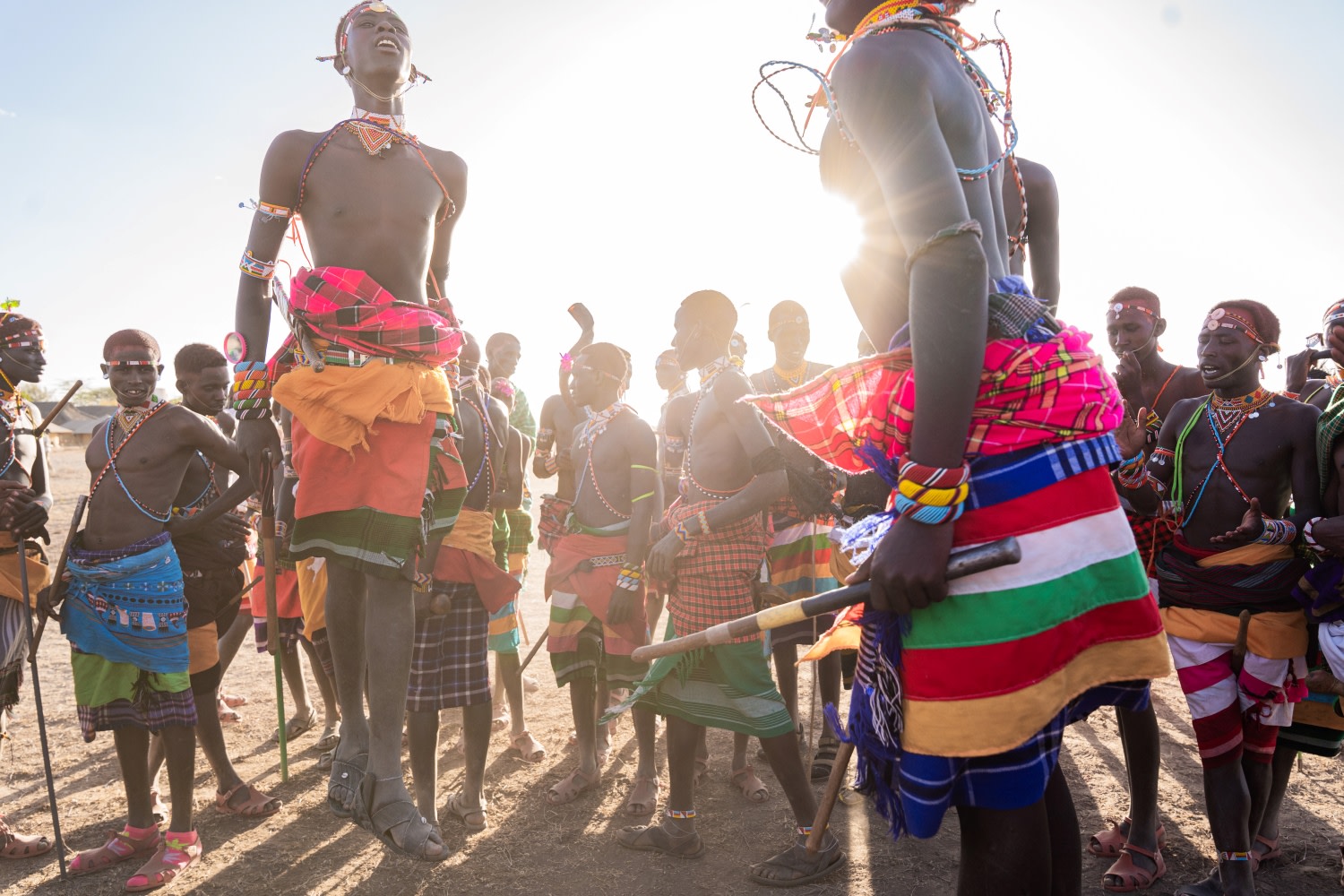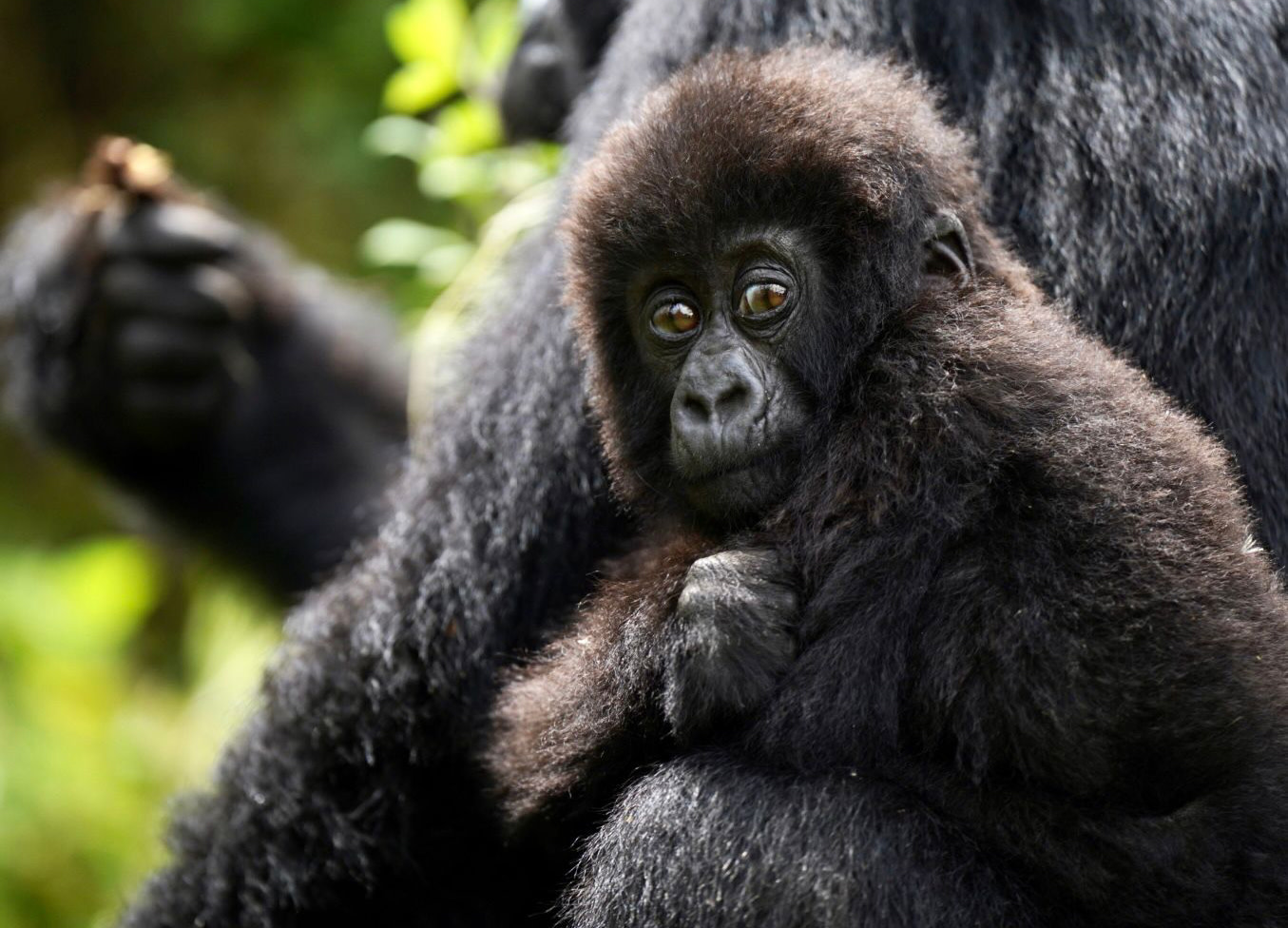What is Responsible Travel? Conservation & Sustainability

What is Responsible Travel? Conservation & Sustainability
The allure of Africa is timeless. Its vast landscapes, from the windswept dunes of the Kalahari to the emerald-green wetlands of the Okavango Delta, have beckoned travelers for generations. Luxury African safaris offer an unparalleled experience, allowing travelers to immerse themselves in the continent’s rich tapestry of wildlife, culture and tradition.
However, as we step into the golden light of an African sunrise, there is a growing awareness of our footprints on these ancient lands. Responsible travel and ecotourism aren’t just buzzwords; they are a commitment, especially when exploring such delicate and precious ecosystems.
Ever conscious of minimizing the environmental impact of ROAR AFRICA travel, we purchase carbon credits equivalent to all emissions on specialist trips aboard the Emirates Executive Private Jet, contribute to wildlife preservation and invest in the communities that host us.
In this chapter, we’ll dive into the concept of responsible travel, with a keen focus on conservation and sustainability. Because to truly honor Africa's beauty is to leave it intact and ensure it thrives for generations to come - conservation is our collective responsibility.
Ecotourism Explained
We firmly believe that to share Africa's wild beauty and wonder with intrepid explorers is a privilege that comes with great responsibility. Travel and tourism are inherently transformative experiences, but they also have the power to help others – the wildlife, the local communities and the land.
These are the core principles of ecotourism and the mission by which we live by. The International Ecotourism Society defines this type of travel as “responsible travel to natural areas that conserves the environment, sustains the well-being of the local people and involves interpretation and education.”
The tourism industry can uphold these principles by:
- Minimizing physical, social, behavioral and psychological impacts.
- Building environmental and cultural awareness and respect.
- Providing positive experiences for both visitors and hosts.
- Empowering ethical wildlife experiences and conservation efforts.
- Delivering memorable experiences to visitors that help raise sensitivity to host countries’ political, environmental and social climates.
- Designing, constructing and operating low-impact facilities.
Essentially, ecotourism is about uniting conservation, communities and sustainable travel. It’s the intersection between providing unforgettable experiences for guests while uplifting local communities and protected areas.

The Importance of Responsible Wildlife Tourism
The simple act of travel can wield the most powerful and profoundly positive change for both travelers and the communities that they have visited or would like to visit in the future.
Tourism has become a vital part of the economy in many African countries. It creates jobs and supports essential conservation efforts. We saw firsthand how the COVID-19 pandemic halted tourism on the continent and left the protection of the continent’s most vulnerable communities, wildlife and wilderness areas in the balance.
Responsible travel and ethical wildlife tourism are essential to preserving the wild spaces we love and educating travelers and local communities about the importance of the wilderness, wildlife and the rich history of those who were here before us.
The Core Principles of Responsible Travel
Ecotourism encompasses various parts of travel and tourism. From how you reach your destination and where you stay to what you do, every action leaves an impact. By making the best choices, you can ensure you’re leaving a positive one.
Let us take a closer look at the principles of ecotourism and how they apply to your luxury African safari.
Conservation
Many guests venture to Africa to experience the vast, untouched wilderness and view a diverse array of wildlife that can’t be found elsewhere. It’s a truly spectacular experience and one we strive to preserve through conservation.
As the African Wildlife Foundation explains, Africa is home to some of the world's most endangered species, fragile ecosystems and local communities that have been living alongside wildlife for generations.
Conservation-friendly development and supporting local conservation efforts are key to protecting these wild spaces. ROAR AFRICA is a proud partner of several impact-led conservation initiatives, many of which are helmed by African women, proof positive of our company credo, “If African Women Rise, Wildlife Will Thrive.” Alongside collaborating with Dr. Lucy King at Save the Elephants, Resson Kantai Duff at Ewaso Lions, Dr Moreangels Mbizah of Wildlife Conservation Action, Lisa Hywood of the Tikki Hywood Foundation and several others, we’re thrilled to work with WildAid.
This international conservation organization focuses on ending poaching through education. We strongly believe that education can make the most positive change, which is why we also offer unique experiences for guests to meet with local anti-poaching units to truly grasp the importance of conservation and fund annual scholarships for girls at the South Africa College of Tourism.
Wildlife & Nature Etiquette
How tourism affects wildlife ultimately depends on the safari you choose and your actions. Unethical tourism can be detrimental to wildlife, while ethical experiences based on sustainable practices can actually support conservation efforts. In fact, they’re essential.
While the first step is choosing a luxury safari that is committed to conservation, tourists should also be considerate of their actions during their stay. Safari etiquette is equally important to preserving wildlife. Always follow the instructions of your guide and be respectful of nature. Never interrupt that natural behavior of wildlife and ensure you leave no trace on your travels.
Community
Responsible tourism isn’t just about the wildlife, it’s also about people. Local communities are truly the backbone of these conservation efforts and are the consistent force behind change long after travelers return home.
Along with contributing to wildlife preservation projects, we invest in the communities that host us. We work with many organizations doing incredible work to change the global collective consciousness on issues ranging from climate change to conservation, women’s empowerment and social upliftment.
One that comes to mind is the South African College for Tourism (SACT). This game-changing women’s empowerment initiative and a non-profit organization help educate young women from underprivileged backgrounds in tourism.
Sustainability
Of course, we cannot forget to mention the carbon footprint of tourism. Minimizing the environmental impact of ROAR AFRICA travel is of paramount importance to us, which is why we use hard science to calculate our emissions right down to vehicle use and human waste. We purchase carbon credits equivalent to our specialist journey emissions through vetted partners, every cent of which goes directly back into projects and communities on the ground in Africa.
We also choose to partner exclusively with people and properties that echo our values. You will find that many of the luxury nature-based accommodations also work to reduce their greenhouse gas emissions through sustainable practices and carbon offsets.
Responsible Tourism: Choosing a Sustainable Luxury Safari
Being a responsible tourist begins with partnering with a safari organization that prioritizes the principles of ecotourism. We work with partners that participate in a wide array of conservation practices including:
- Organizations that strictly monitor gorilla trek passes in Rwanda
- Sheldrick Elephant Orphanage in Nairobi
- Reteti Elephant Sanctuary in Northern Kenya
- Rhino conservationists throughout Africa
- ….And more.
As we’ve discussed in our blog, their experiences have prompted our guests to contribute broadly to scholarships and conservation funds that help our partners continue their vital work.
At ROAR AFRICA, we specialize in executing extraordinarily epic adventures across our home continent, but our prime motivation is a breathless urgency to conserve the wildlife and wild spaces Africa has left. Our commitment to responsible travel ensures you can experience the journey of a lifetime while contributing to the preservation of these places for the next generation.
Explore our luxury African destinations and experiences at ROAR AFRICA.



